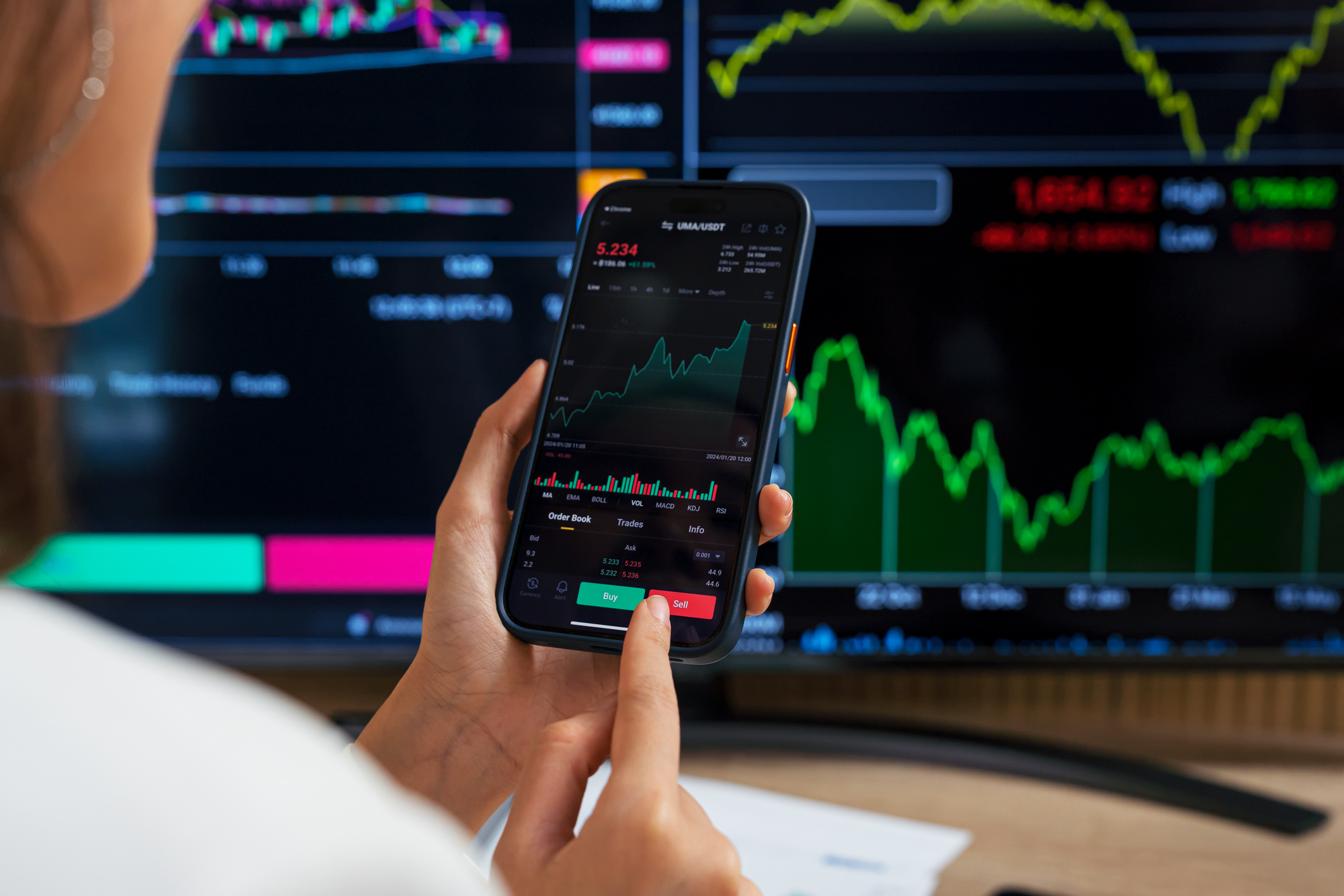Iran’s attack on Israel has rekindled the allure of safe havens and oil has surged, but with no clarity yet on how the Middle East might evolve, investors are treading tentatively.
Their key question is whether Iran’s strike marks an escalation, or is more of a one-off backlash.
Mohit Kumar, a strategist at U.S. investment bank Jefferies called the market reaction so far “guarded” as investors await Israel’s response.
Israel has said there will be consequences after Iran said it fired a salvo of ballistic missiles in what Tehran said was a retaliation for the Israeli campaign against Hezbollah.
Classic safe-havens like gold, government bonds and the Swiss franc surged on Tuesday and were holding most of those gains on Wednesday, while oil traded at $75 a barrel.
“Geopolitics is impossible to trade and hence keeping a low risk profile would be a prudent strategy,” Kumar said.
Past bouts of heightened geopolitical tension, such as Russia’s invasion of Ukraine in 2022, resulted in sharp but short-lived market moves during which investors fled risky assets and piled in to havens such as gold and the dollar.
Global stocks traded cautiously higher on Wednesday, while government bonds gave up some of Tuesday’s gains.
This time, investors’ decisions may rest on Israel’s response and whether the conflict with Iran escalates.
“The market … is highly sensitive to any scenario worse than this,” said Hasnain Malik, head of emerging and frontier markets equity strategy at Tellimer.
Gold is already up nearly 30% this year, thanks in large part to a decline in the dollar in response to a slowing U.S. economy and the Federal Reserve’s decision to deliver steep interest-rate cuts to ward off more weakness.
A previous round of Iranian missiles fired at Israel in April – the first ever – were shot down with the help of the U.S. military and other allies. Israel responded at the time with airstrikes in Iran, but wider escalation was averted.
Stocks and other risky assets sold off in April but rebounded within days as fears of a broader conflict and economic disruption dissipated.
However, “if the war escalates, that of course is not good for markets,” said Allan Small, senior investment adviser with Allan Small Financial Group with iA Private Wealth in Toronto.
One specific concern for investors is oil prices, which jumped on Tuesday. Investors worry that the fears of supply disruptions from the Gulf will push crude prices sharply higher, as happened in prior periods of intense strain or conflict.
“The deeper the conflict intensifies, oil could indeed surge higher as risk rises that the military response veers into the oil producing area around Iran,” Quincy Krosby, chief global strategist for LPL Financial, said in a note.
Beyond tensions in the Middle East, there are several potential catalysts that could keep investors on edge, including the upcoming U.S. election in November and a key jobs report this week that will help shape the Fed’s policy direction.
Futures on the Cboe Volatility Index an options-based indicator of demand for protection from market swings, edged lower on Wednesday, reflecting a return of a sense of calm. The VIX itself hit a three-week high of 20.73 on Tuesday.
“Although the VIX is edging higher it remains sufficiently just below 20 to suggest that markets – including the crude oil market – do not yet envision an all-out military scenario,” Krosby said.
For now, market participants are left guessing whether the latest bout of fear will prove fleeting.
“Markets … are likely to display an incredibly high sensitivity to incoming geopolitical news flow in the coming hours,” said Michael Brown, senior research strategist at Pepperstone.
(REUTERS)




















